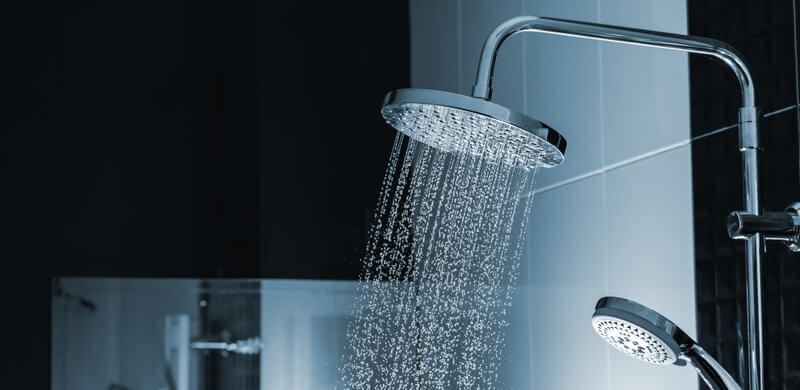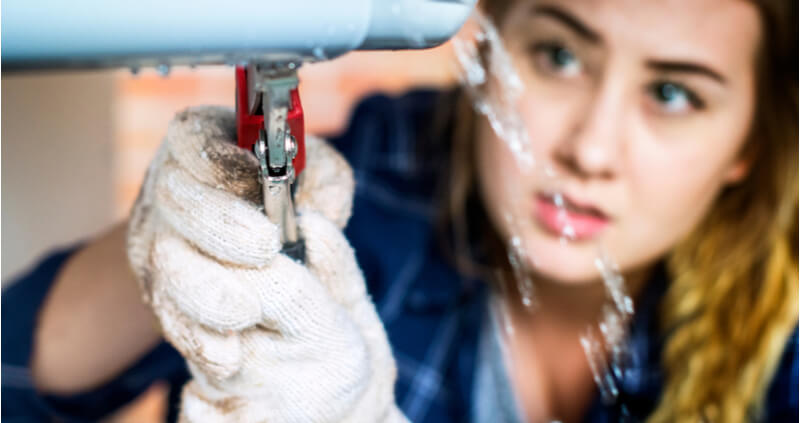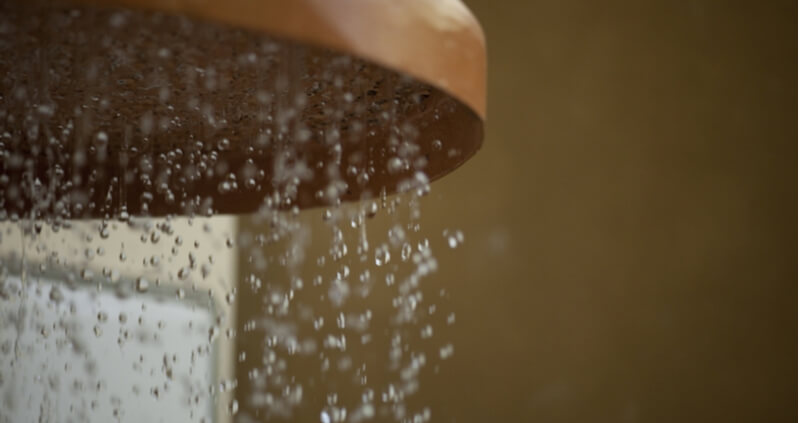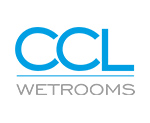
For many people, they’ll only think about their water pressure for one of two reasons: it’s either really bad, or it’s really high.
When thinking about a new or renovated bathroom or wetroom, it’s important to consider your water pressure, as it can massively affect the performance of your new wetroom.
What is Water Pressure?
Water pressure is the measure of how quickly your water flows through your pipes and into your home, and how it comes out of your taps or shower. It’s measured in bars, and multiple factors affect the water pressure in your home.
What Affects the Water Pressure in My Home?
Your home’s water pressure will be affected by one or more of the following factors:
- The type of boiler system you have
- How narrow your pipes are
- Whether your pipes are clogged or blocked
- The height difference between your shower head and the water tank
- If your shut off valve is obstructed or partially closed
These factors could cause high or low water pressure, both of which are bad. Water pressure that is too low will simply trickle out. Too high and the pipes could get damaged or even burst. It’s important to ensure you have water pressure that sits somewhere in the middle.

What Should Your Water Pressure Be?
According to the guaranteed standards scheme, water companies must supply a minimum pressure of 0.7 bar, which is equivalent to 10psi, or seven metres of static head.
Static head measures the height water is pushed into a home. Seven metres of static head means that the water can be pushed to a height of 7m when it enters a home. An easier way to understand your water pressure reading is that 0.1 bar is one metre of static head.
Water companies only have to provide this amount of pressure into your connection pipe to the mains. If you do have concerns about water pressure into your home, it’s best to check the internal working of your home plumbing first before you speak to your water company. For example, if there is a leaking pipe, or you know that you have an old plumbing system, water companies will often not address any issues their side until this is complete.
How Water Pressure Can Affect Your Wetroom Build
When you begin to build a wetroom, many people use higher pressure showers to create a luxury experience or use a multi-jet water system. All these things can affect your water pressure.
How do you overcome these issues, as sometimes they may be caused through older plumbing, or even by clogged pipes?
Common ways that water pressure can affect your wetroom design include:
- Where older pipes are unable to handle the flow rate, which is how fast water flows into your drain
- Where modern shower heads require greater water pressure
- Where heavy limescale causes issues
1) Older Pipe Issues With Wetrooms
Older, potentially narrower pipes, that still exist in homes across the UK could cause issues in wetrooms, especially if they are not able to handle the greater flow rate that some wetrooms have. Unlike a traditional bathroom, a wetroom often has a larger shower feature, and requires greater flow rate to drain, as there isn’t a bath to hold excess grey water.
If a drain pipe, particularly from the shower, cannot handle this water flow, it can cause issues if a wetroom has not been properly constructed with the correct waterproofing solution.
To overcome this issue, it is best to get a plumber to check the flow rate of your drains and ensure that an increase in water pressure will not affect the rate of drainage. It may be that you need to install a new drainage pipe.
2) Modern Shower Heads Needing Greater Water Pressure

Waterfall shower heads, where the shower head is directly above the user, are often bigger, and if not aerated, require greater water pressure to adequately come out of each hole.
If the water pressure is too low, then the experience of a waterfall shower is reduced. To overcome this, you can either:
- Get an aerated shower head, which mixes air and water to deliver a powerful shower
- Install a shower pump which increases the water pressure just to your shower, and only when the shower is switched on
3) Heavy Limescale Issues
Unless you have the luxury of living in an area that has naturally soft water, the amount of limescale in a home can seriously affect the water pressure. From pipes being clogged with excess limescale build up, or shower heads only shooting out water from some holes in the head, limescale can cause major problems.
To solve limescale issues, getting a water softener installed is an initially expensive investment, but one that lasts a long time and pays for itself.
For homes where this may not be possible, regularly descaling with vinegar or a descaling product will help and if necessary, you may need to replace your shower hose.
CCL Wetrooms Can Help
When working with our design and build experts, we will consider things like water pressure that will affect how satisfied you are with your finished wetroom.
For a considerate company, speak to our team today.









